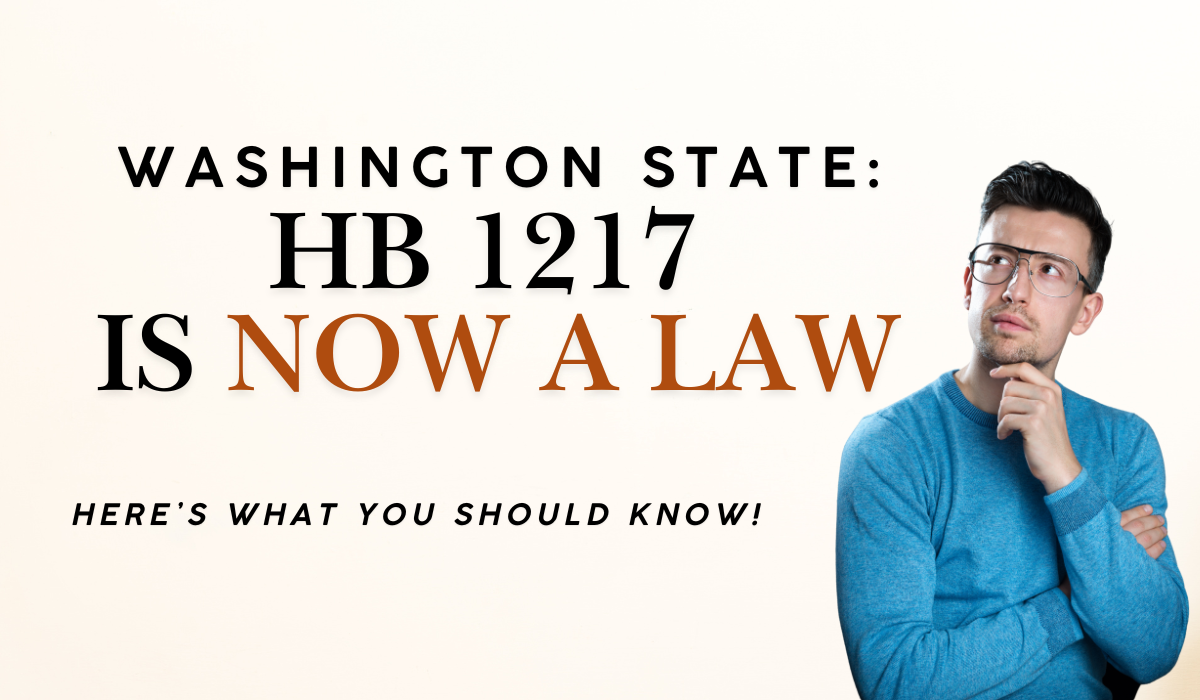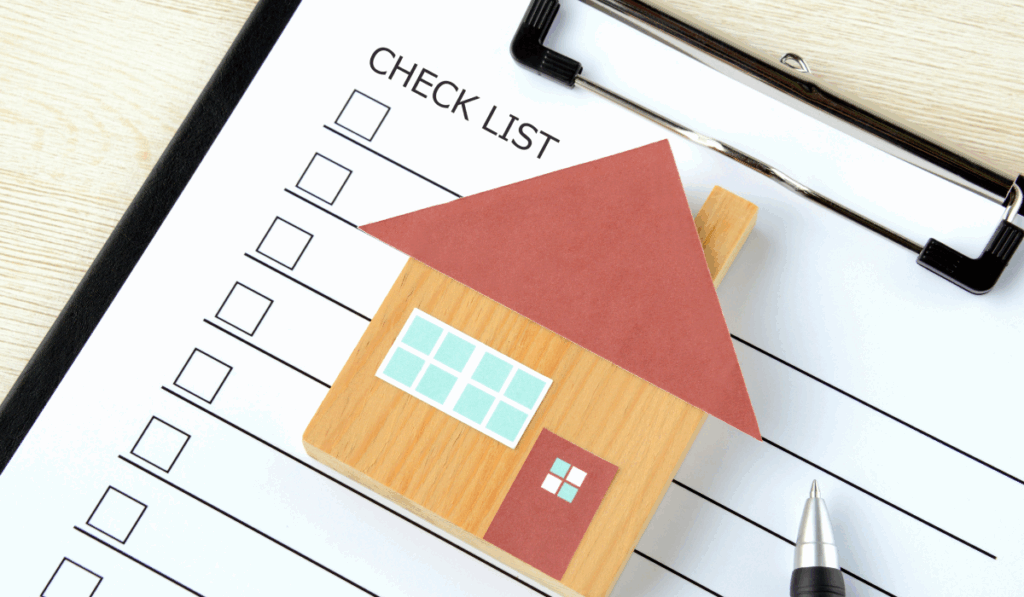
As a property manager in Seattle, I’ve helped countless landlords handle the ups and downs of real estate—tenant turnovers, emergency repairs, lease renewals, and more. But this year, we’ve seen something historic: Washington lawmakers have passed HB 1217, officially placing limits on annual rent increases.
This law will change how we operate, and as someone on the front lines of property management, I want to break it down clearly—for those of you renting out property in Seattle and beyond. At GPS Renting, we’re preparing our landlords for the transition, and you should be too.
Key Takeaway
Washington’s new HB 1217 rent cap law limits annual rent increases to 7% statewide, making compliance essential for all landlords—not just those in Seattle. This signals a fundamental shift in rental strategy, requiring updated lease policies, financial planning, and tenant communication. At GPS Renting, we’re already helping property owners stay compliant and maximize ROI under the new rules. If you’re unsure how this law impacts your portfolio, now is the time to act.
What Is HB 1217?
HB 1217 is a newly passed law in Washington State that sets a cap on annual rent increases to 7%, with the goal of stabilizing rental prices and reducing homelessness. It’s one of the most impactful landlord-tenant laws in recent years.
Why Seattle Landlords Need to Pay Attention
Seattle already had some of the strongest tenant protections in the country—but this law affects every city in Washington. That means whether you’re managing an apartment building in Capitol Hill or renting out a single-family home in Ballard, the rules just changed.
As someone who’s seen the challenges of pricing strategy firsthand, I can say: this isn’t just a legal update—it’s a mindset shift.
Tacoma Mayor Victoria Woodards called the legislation “a critical step toward housing stability” (Seattle Times). Others, like Republican Rep. Andrew Barkis, argued it could backfire by discouraging housing development (The Center Square).
Key Provisions of HB 1217 (Now Passed)

1. 7% Rent Cap Per Year
- Landlords cannot raise rent more than 7% annually unless the unit is exempt.
- Applies to most rental units, including apartments and single-family rentals.
2. Exemptions May Apply
- New construction (typically less than 10 years old)
- Subsidized or affordable housing programs
3. Enforcement & Penalties
- Fines for violating rent caps
- Mandatory tenant reimbursements or relocation support if limits are exceeded
For deeper insights, view the official Washington State Legislature HB 1217 Summary.
How Will This Affect the Future?
From a professional standpoint, I see both opportunities and complications ahead:
- Stability for tenants is a positive shift in a city grappling with housing affordability.
- Landlords may face ROI challenges, especially in high-maintenance properties.
- Developers may hesitate to build new rentals due to capped returns—potentially worsening inventory shortages.
According to a survey by the Washington Multi-Family Housing Association, 41% of property owners are considering pausing future investments due to the legislation (WMFHA).
What You Should Do Now

1. Audit Your Current Rent Prices
Compare current rates with last year’s figures. If you raised rent more than 7%, you may need to roll it back or offer tenant remedies.
2. Revisit Lease Terms and Notifications
Update your lease templates to reflect the new rent cap rules. Be cautious with automatic renewal clauses.
See best practices for leases in Seattle
3. Update Budgeting for ROI and Cash Flow
Fixed rent caps mean tighter margins. Recalculate your projected Return on Investment (ROI) and plan for longer hold times.
Smart pricing and budgeting guide
4. Improve Tenant Communication
Transparency matters. Notify tenants proactively about any upcoming changes or updates.
Manage communication through the tenant portal
5. Get Professional Help if Needed
Rent control can be overwhelming—but you don’t have to do it alone. At GPS Renting, we’re already implementing HB 1217 compliance plans for all our Seattle clients.
FAQs About HB 1217
Is HB 1217 officially passed?
Yes. It’s no longer a proposal—it’s law. You can read the enacted bill summary at the Washington State Legislature site.
Does it only affect Seattle?
No. It applies statewide, though urban areas like Seattle are expected to feel it most due to tighter rental markets. The broader context is discussed in KOMO News coverage.
Can I increase rent by more than 7% if I renovate the unit?
This is still under discussion, but as of now, physical improvements alone don’t exempt you unless the building qualifies under specific categories like new construction or subsidized housing. For more, refer to the bill analysis.
What if I break the rule?
Penalties could include fines, court action, or tenant reimbursement. Specific enforcement mechanisms will be guided by state housing authorities—check updates from Washington State Department of Commerce as implementation guidelines roll out.
How GPS Renting can help you stay compliant and profitable

I’ve always believed that good property management is about more than collecting rent—it’s about building relationships and staying ahead of change. HB 1217 is a big change, but with the right strategy, it’s one we can navigate together.
Whether you’re a new investor or a seasoned landlord, GPS Renting can help you stay compliant and profitable.
Contact us now to protect your rental future.
